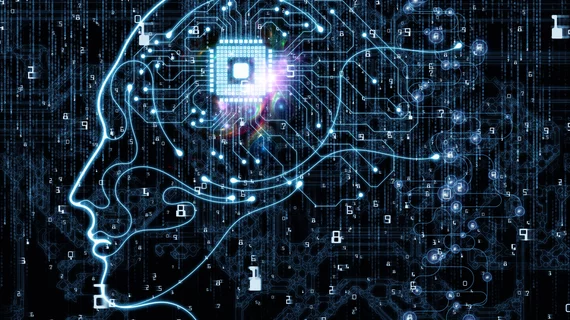Fujifilm, Indiana University team up to study AI, develop new imaging technology
Fujifilm Corporation and the Indiana University School of Medicine in Indianapolis have announced a new research agreement that will focus on applying artificial intelligence (AI) to medical imaging diagnostic support systems.
“Recent advances in diagnostic imaging system capabilities, such as multi-slice CT, has led to significant increases in the number of images that need to be interpreted,” according to a prepared statement. “Hence, a solution to efficiently read and interpret a large number of images is required. The application of AI technology to support physicians by detecting suspicious lesions in images, comparing results with prior studies and the implementation of semi-automated reporting is expected to increase significantly the efficiency of diagnostic medical imaging in patient care.”
The aim of this collaboration is to combine Fujifilm’s image processing technology and work in AI with “the rich diagnostic and clinical expertise” of researchers at Indiana University School of Medicine. Some of the first things the two teams will focus on is how Fujifilm’s AI technology may be able to segment and quantify muscle atrophy in body images and detect brain lesions in neuroradiology exams.

